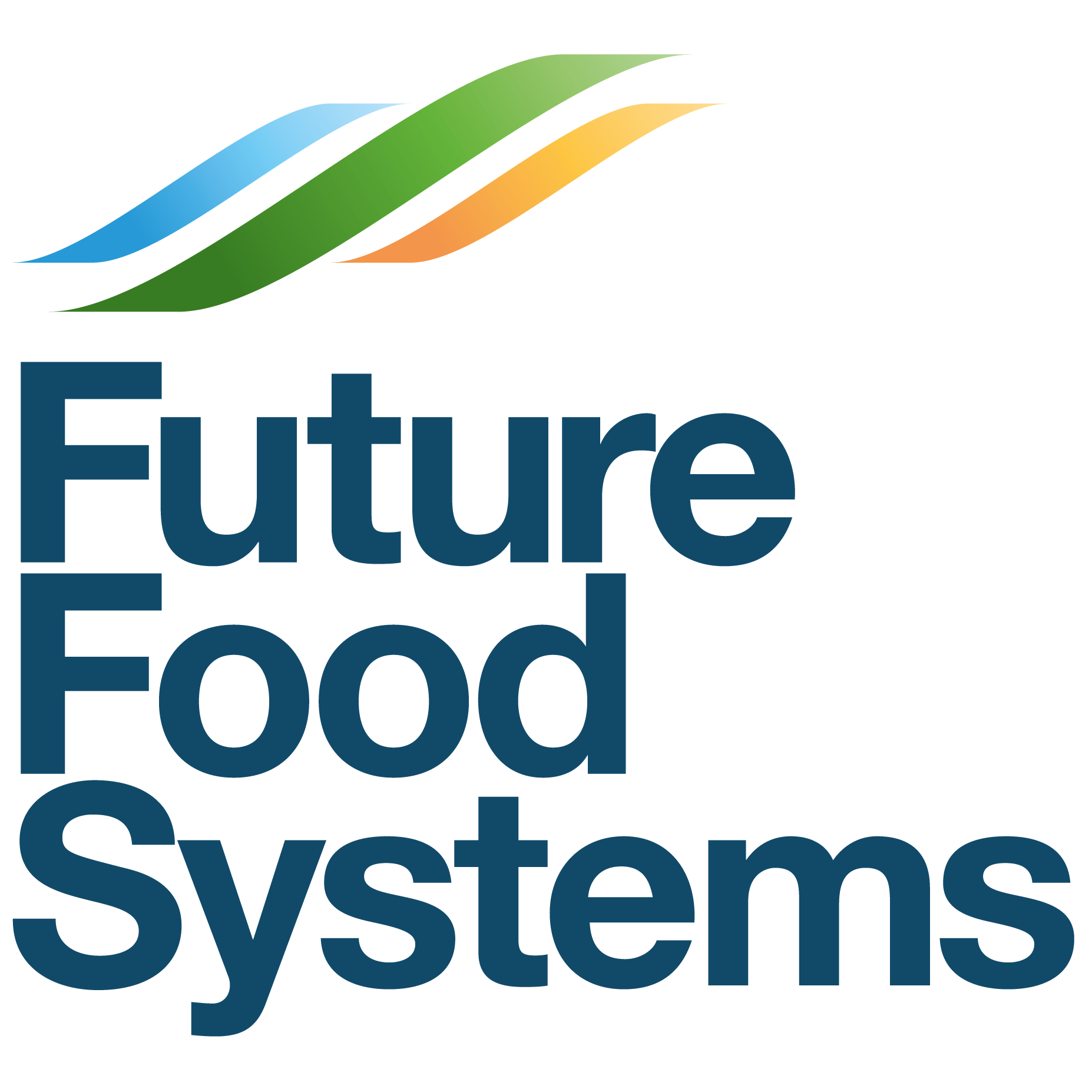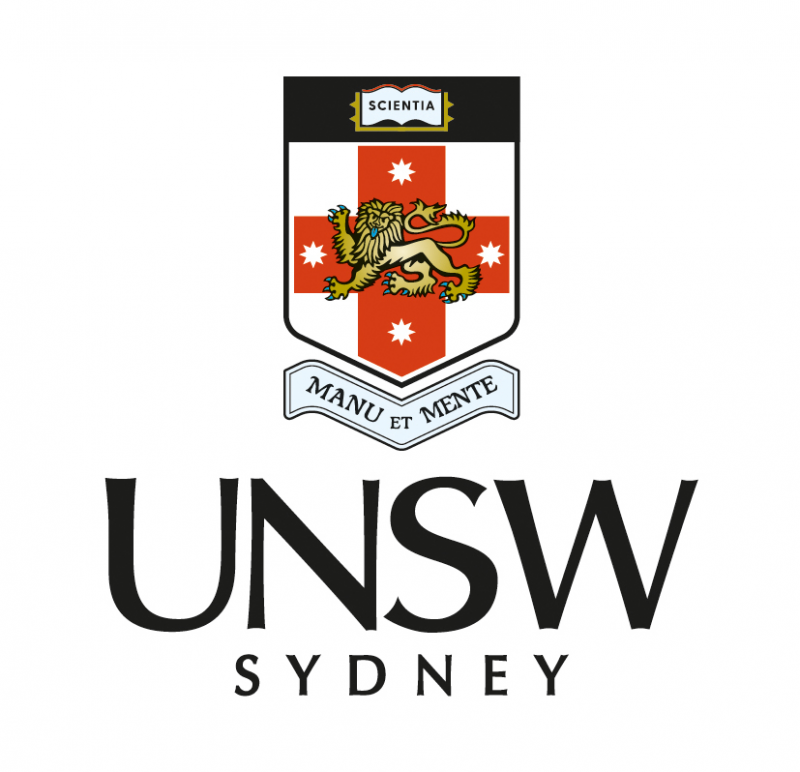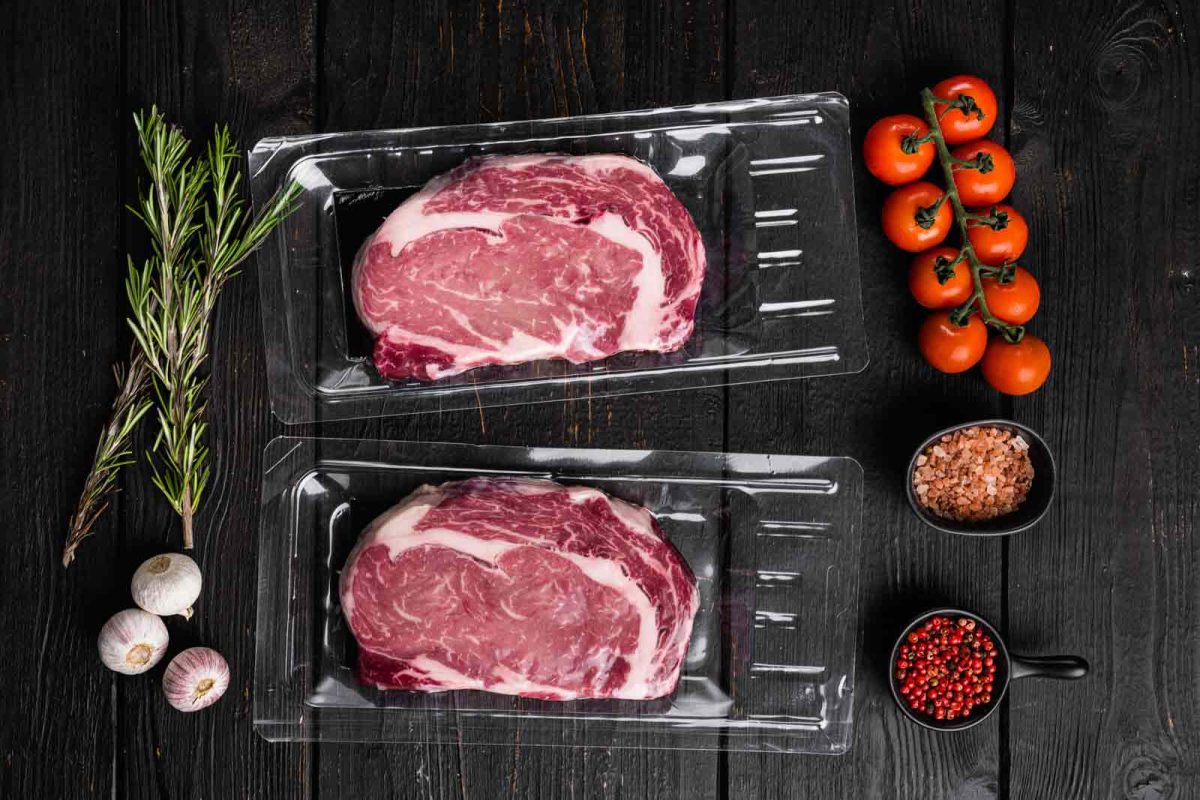Challenge As sustainable packaging research advances, identifying economically viable options remains a critical hurdle. Researchers working on experimental packaging technologies often lack structured economic evaluation tools to guide their decisions. Without a clear understanding of market preferences and cost-benefit trade-offs, it’s challenging to ensure that innovations align with both consumer demand and commercial feasibility.
Solution This project addresses the gap by developing two discrete choice economic models designed to assess the viability of optimal packaging options. These models simulate consumer preferences and purchasing decisions by analysing variables such as price, sustainability attributes, and functionality. In doing so, they provide a data-driven framework that informs the design and selection of packaging alternatives, helping researchers refine their experimental strategies and focus on solutions with real-world market potential.
Impact By offering quantitative insights into consumer behaviour and economic feasibility, the models will support more targeted and commercially relevant research. This enables the development of packaging solutions that are not only technically sound but also economically sustainable. Ultimately, the project bridges the gap between laboratory innovation and market readiness, accelerating the pathway from research to adoption in the packaging sector.







